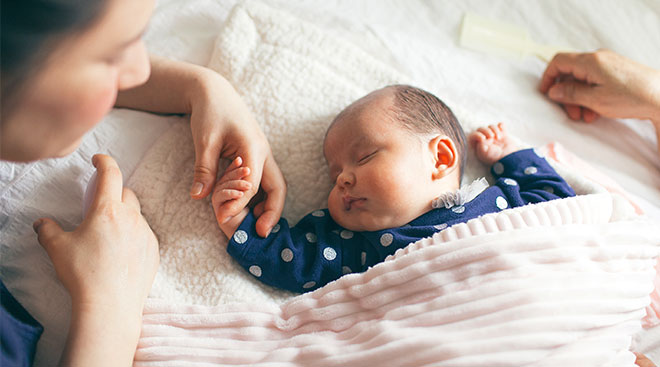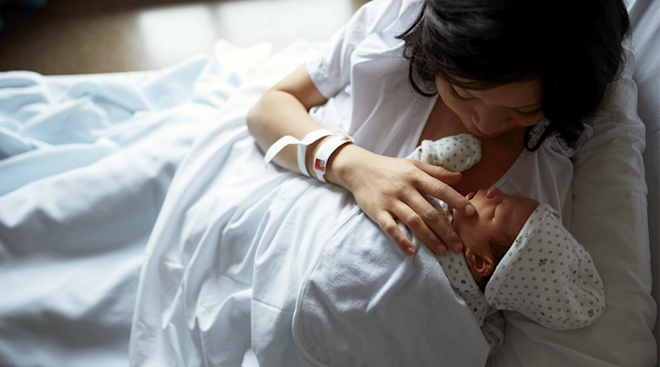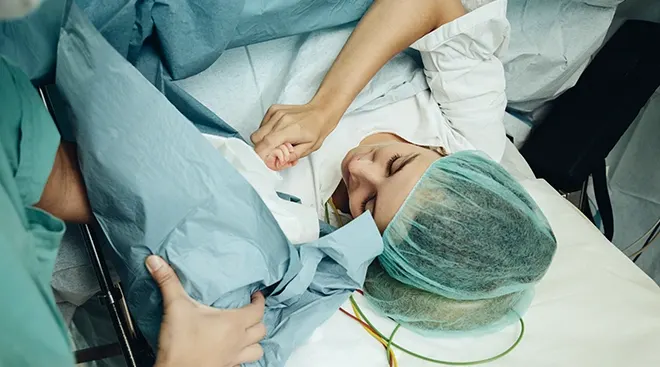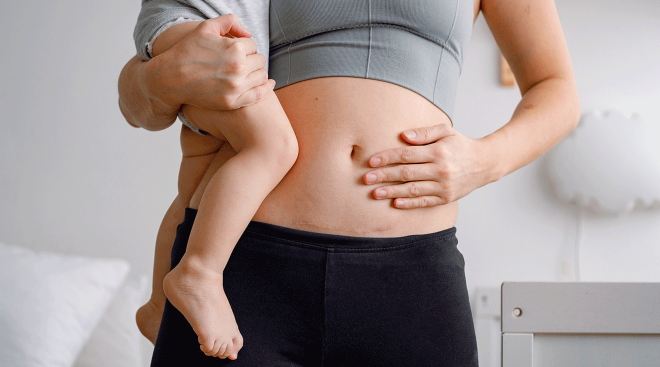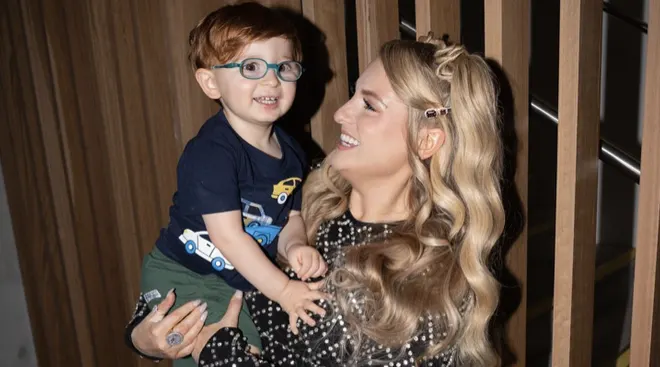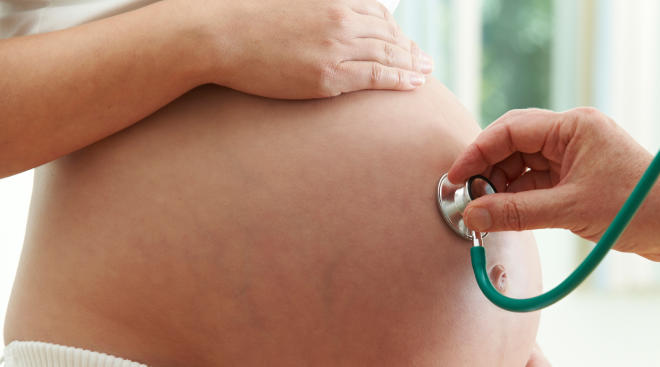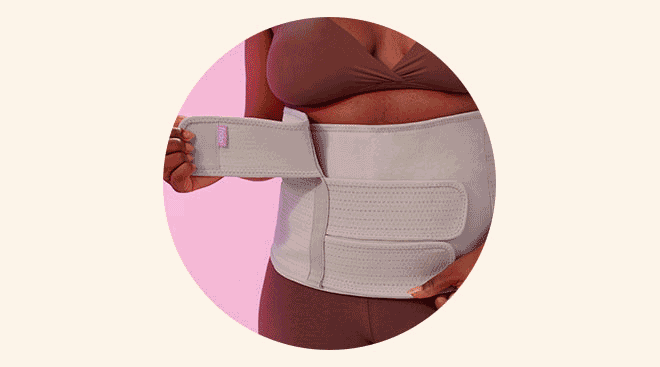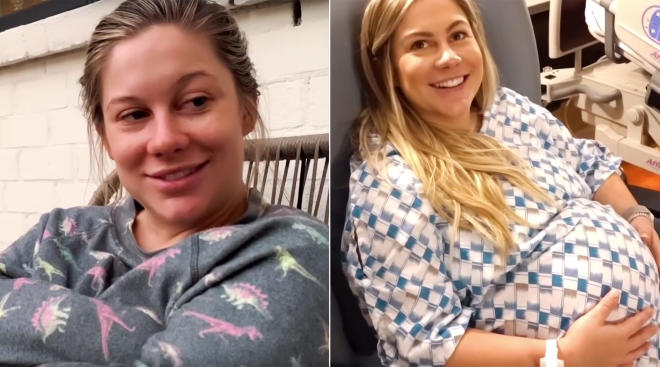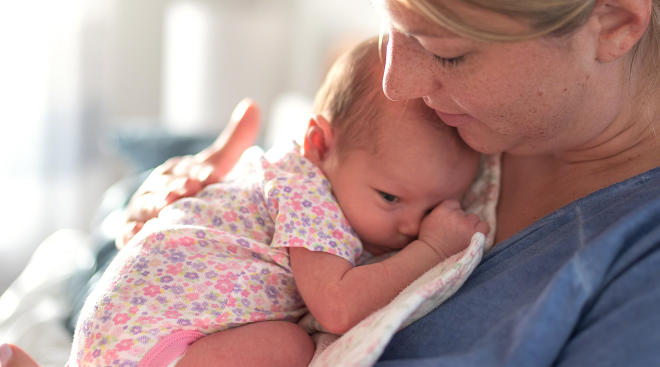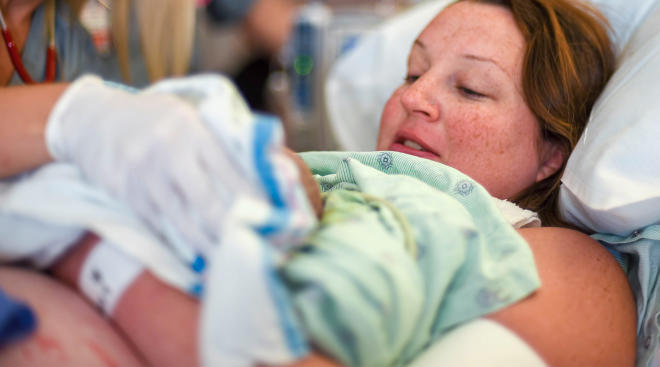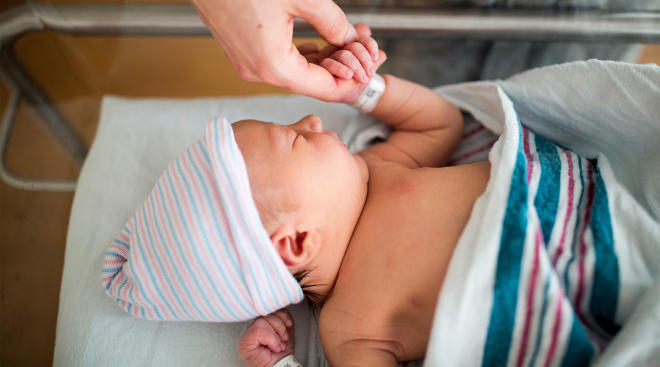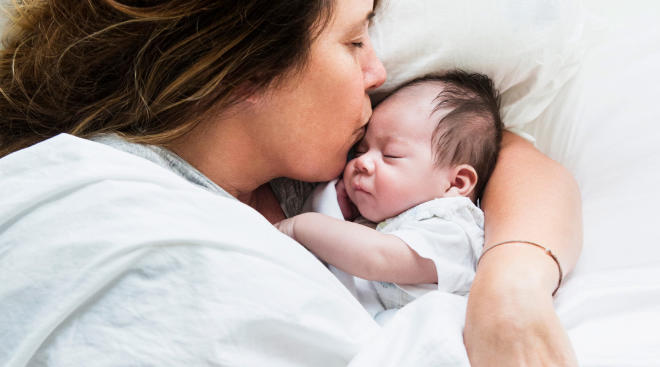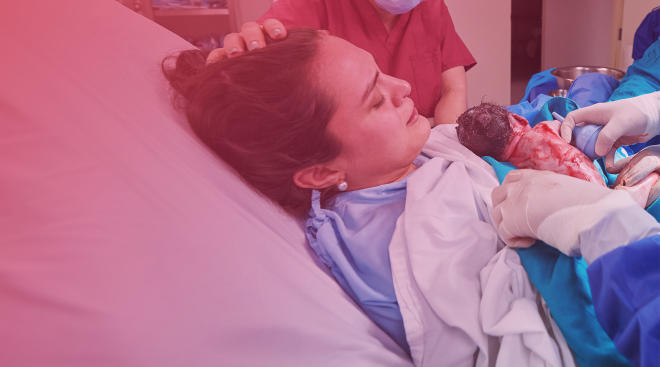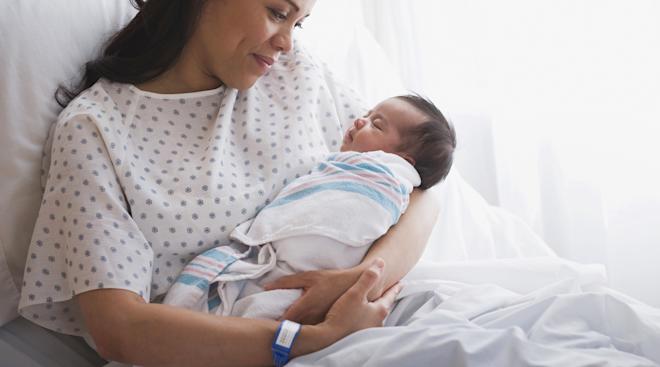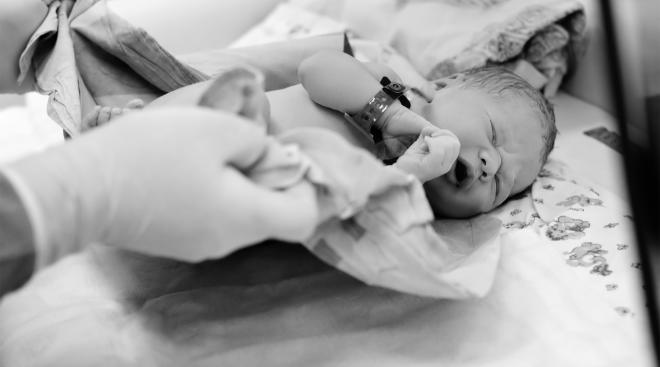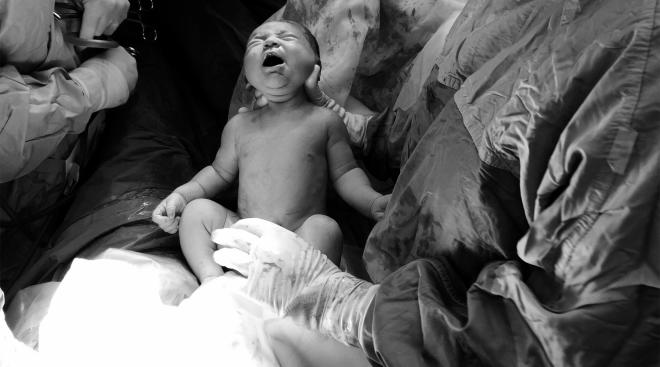Study Says Beneficial Bacteria Can Be Restored to Baby After C-Section
There is no right way to have a baby. While some women prefer vaginal births, others may opt for c-sections. Or in some birth scenarios, an emergency c-section may become necessary. Experts have previously thought that babies delivered via c-section may not receive the same healthy bacteria to help build their immune system that babies delivered vaginally do. But one study is finding for the first time that these healthy bacteria can be restored.
The study was conducted by researchers at Rutgers University and published in the journal Med. It followed 177 babies—98 of which were born vaginally and 79 of which were born via c-section—from four countries over the first year of their lives. Of the babies born via c-section, 30 of them were swabbed with a maternal vaginal gauze right after birth.
When babies are born vaginally, women are able to provide microbiota, consisting of trillions of bacteria, viruses, fungi and other microorganisms that are both beneficial and harmful, to babies’ sterile bodies to help their immune system develop. C-sections and antibiotics can disturb this transfer and have been associated with increased risks of obesity, asthma and metabolic diseases, the study notes.
However, researchers showed that when babies born via c-section were swabbed with maternal vaginal fluid their microbiota was close to that of the babies born vaginally. They also found that the maternal vaginal microbiomes were close to the ones found in other areas of the babies’ bodies, like the gut, mouth and skin, showing that the maternal vaginal fluids helped shape the bacteria across their babies’ bodies.
It’s important to note that the study is a small one and the first of its kind, so more research is needed. The researchers believe the next step is to do randomized clinical trials to find if the microbiota actually helps protect babies from disease.
“Further research is needed to determine which bacteria protect against obesity, asthma and allergies, diseases with underlying inflammation,” senior author Maria Gloria Dominguez Bello, a professor in the Department of Biochemistry and Microbiology in the School of Environmental and Biological Sciences at Rutgers University-New Brunswick, said in a release. “Our results support the hypothesis that acquiring maternal vaginal microbes normalizes microbiome development in the babies.”
Please note: The Bump and the materials and information it contains are not intended to, and do not constitute, medical or other health advice or diagnosis and should not be used as such. You should always consult with a qualified physician or health professional about your specific circumstances.
Navigate forward to interact with the calendar and select a date. Press the question mark key to get the keyboard shortcuts for changing dates.

































